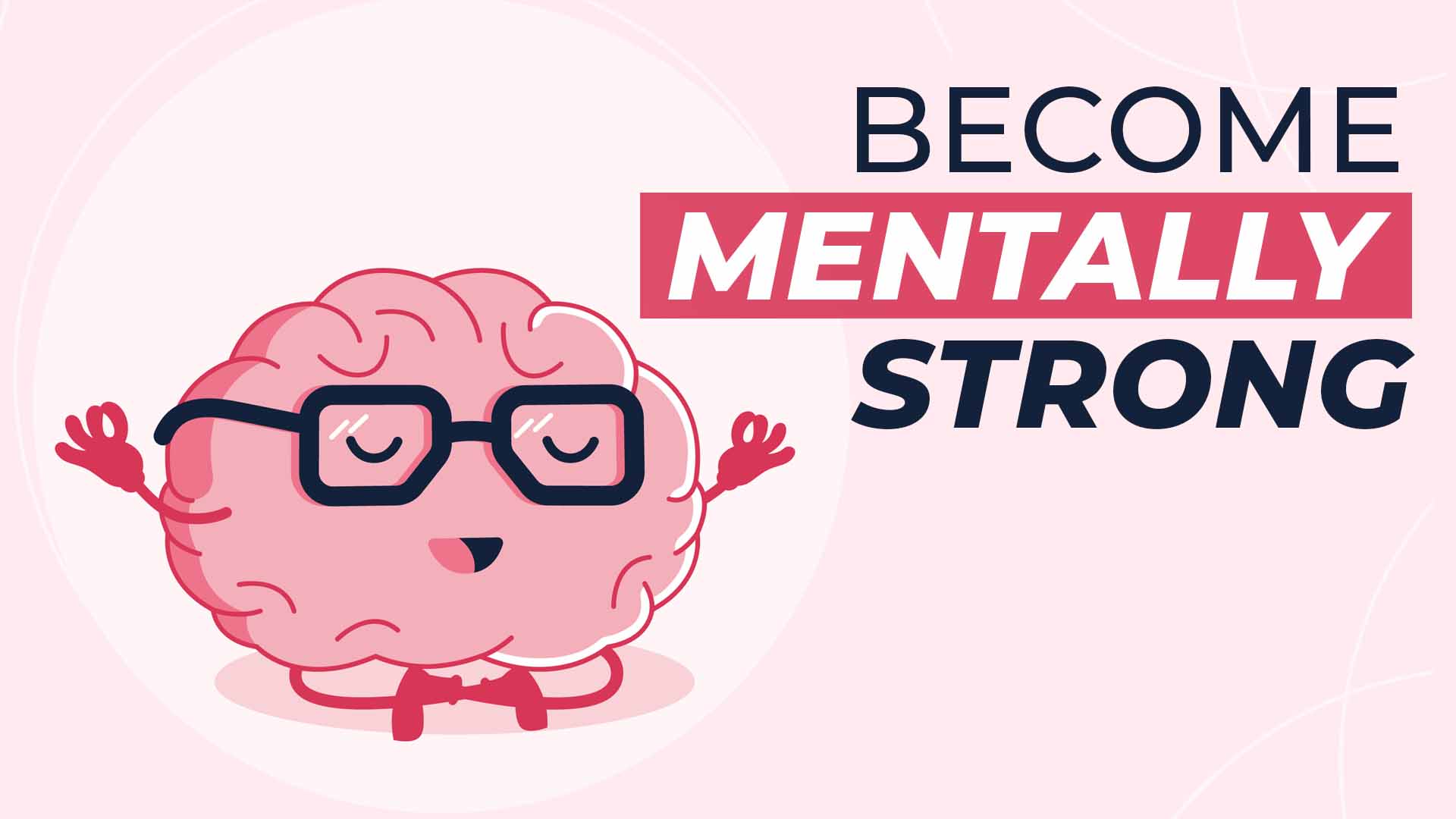Everyone desires to live a balanced and healthy life, and this reflects in the type of foods we choose to eat or ignore, exercising our body regularly, and seeing a doctor when we feel the symptoms of sickness. There is another aspect to our overall well-being that most people rarely give the right attention to; mental health.
Think about it for a minute: when was the last time you assessed your mental health, and what are you consciously doing to improve your mental state?
If you barely know the simple routines you can start to practice today to improve your brain function and mental health, these next tips will suffice.
1. Practise Mindfulness
Mindfulness is a therapeutic technique that is achieved when you become fully aware of your present moment. It makes you accept and own up to your thoughts, emotions, feelings, and body sensations without judgment, denying, or shying away from them.
It encourages you to live in the moment, such that you’re not anxious about what the future holds, nor are you worried about any negative experiences of the past.
To practice this, you can start by becoming more conscious of your everyday routine and take note of how your mind and body react to smells, sounds, or even tastes.
This awareness may not happen overnight, as you could even fail to notice as much as you should. But if you persevere, it’ll become second nature and improve your mental health.
2. Stop Excessive Thinking
Have you ever felt so lost in thought that you forget about your present environment? If you’re in the habit of overthinking about anything, make up your mind from now on to stop; Because it does more harm to your mental health than good.
If you find yourself overthinking, try doing these:
A. Incorporate 15 minutes of Thinking Time into your daily routine and keep to it. When your time is up, move on with other activities.
B. Focus only on things you can control, and instead of thinking about a problem too much, start by writing out 5-10 solutions. It will challenge and calm your thoughts.
C. Move on to something else; a project, an activity, etc that can distract you.
3. Be Organized
One of the underlying causes of poor mental health is disorders. It could be at work or even at home, but it always has the same effects every time.
Here are some of the best ways to organize for your mental health:
A. Break down your goals into bite-sized pieces that make them easier to achieve.
B. Remove distractions and declutter.
C. Perfection is great to attain, but normalize your desire to make everything perfect; it often puts you under too much mental pressure.
4. Regular Exercise:
When some people hear ‘exercise,’ what comes to their mind is running on a treadmill or doing something as strenuous as lifting weights, but exercise does not always have to be that way.
Exercise can be as simple as taking a 10-minute walk. Engaging in regular workouts gives you clearer thoughts and memories, helps reduce stress, and allows you to sleep well at night.
If you are struggling with staying consistent with your workout routine, you can enroll in a gym close to you; that way, you can connect with other people who could hold you accountable.
5. Practise Gratitude:
This simply means you are thankful for the things you have, rather than focusing on what you don’t have. Practicing gratitude sounds very easy, but it could be challenging, especially during tough times.
However, once you master it, you tend to live a happier and more fulfilling life. You may have observed that people who practice gratitude are more optimistic about life than those who do not.
Make it a habit to write out at least things 5 you are grateful for every morning. This would help set the tone of your day the right way.
6. Take a break from Social Media:
With the increasing rate of cyberbullying, social comparison, and toxicity on social media, taking social media breaks is not an option but a necessity for the sake of your sanity.
We can’t deny the fact that social media has bridged the communication gap that existed before the introduction of the internet and social media. But we also know that it can cause anxiety, undue pressure, mental fatigue that comes from too much comparison, and the need to be available online most of the time.
Take a break from social media from time to time; your mental health will thank you for that.
7. Open Up To Someone
Let’s admit it, talking to someone else about your mental health might not seem like an option you prefer, but it is one of the best ways to a speedy recovery. It is okay to look vulnerable at times like this, but once you get the mental help you need, you could be the one extending the same support to others.
A. Ideally, if you have a friend or family member you can confide in, go ahead and talk to them about your mental state.
B. On the other hand, you may prefer to remain anonymous and join an online support group where you can bare all your worries.
C. If that still doesn’t work for you, consider booking an appointment with a doctor or find a local support group that can help you every step of the way.
If you practice any of these, you’ll see lots of improvement in your mental health.


